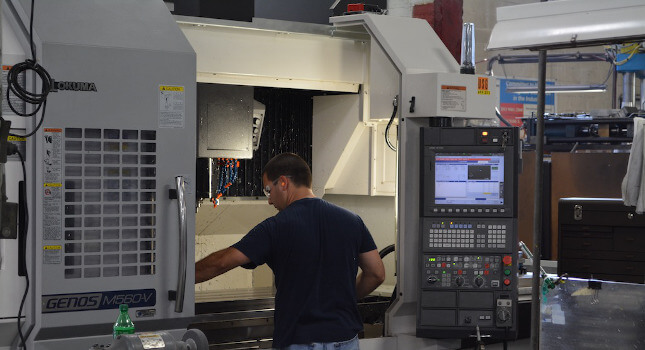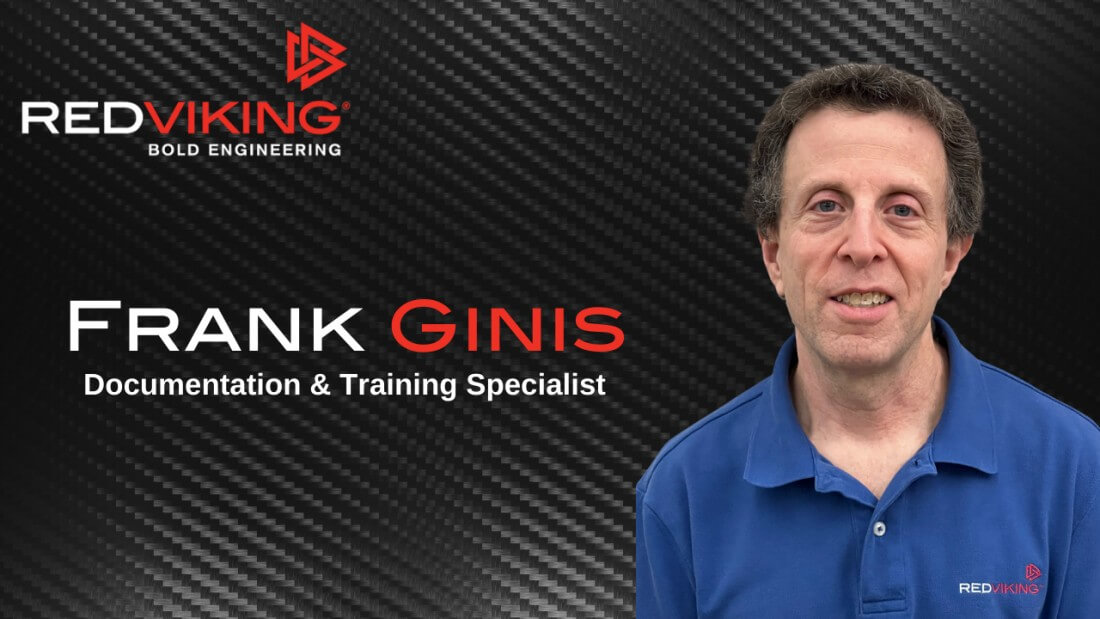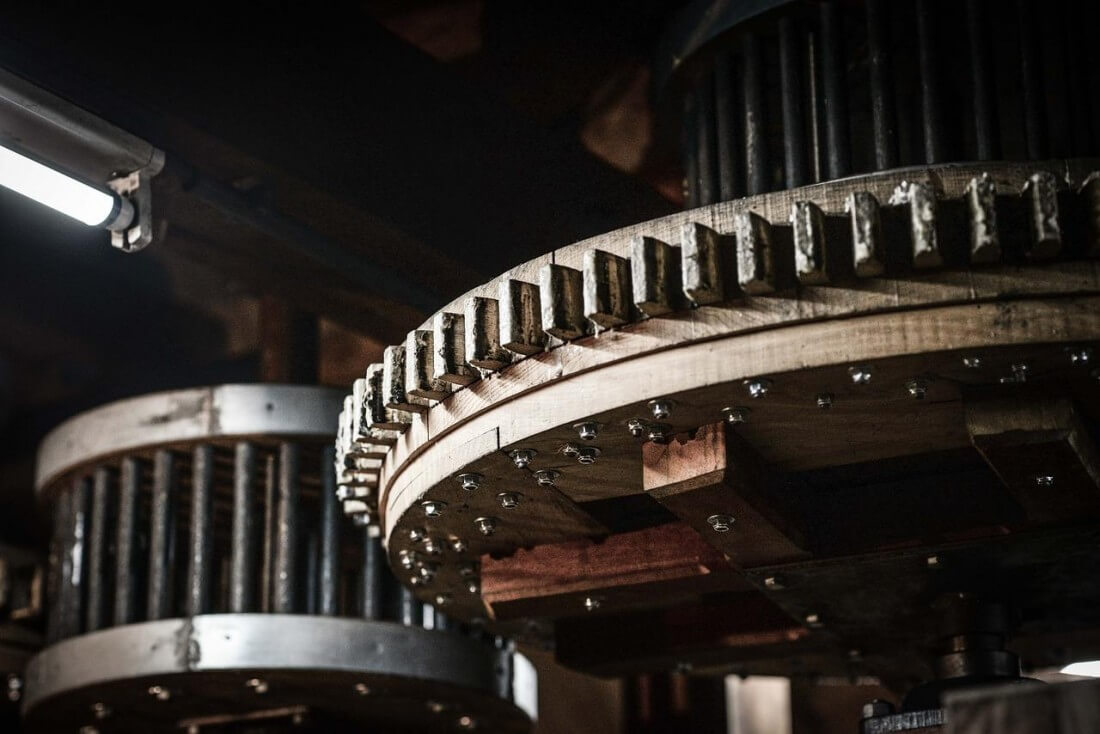This is an article published by Plant Engineering, featuring Tom Catlin, Sales Manager for RedViking.
In searching for new manufacturing solutions that increase efficiency, provide greater flexibility and improve quality, there is one central choice – select a turnkey solution from an end-to-end partner, or leverage independent suppliers for different section parts of the final system used for industrial manufacturing.
Leveraging an end-to-end system integrator to craft an advanced, turnkey manufacturing solution can offer distinct advantages over independent contractors.
Two commonly weighed factors in the decision to leverage a turnkey system integrator or independent contractors is upfront capital expense and total cost – but the pure dollar amount doesn’t tell the entire story.
Though it’s true turnkey solutions may come with a larger price tag, that perspective fails to consider the impact of time spent (or perhaps more accurately, wasted) executing a project.
Using a single system integrator to construct a turnkey solution for manufacturing needs helps companies avoid wasted time in multiple meetings, varied project management headaches and more.
Time wasted translates to an inability to focus on critical day-to-day tasks. Companies will erase any monetary savings that might have gained when you spend the majority of your time ensuring every supplier understands your overall project vision and goals, coordinating delivery and assembly logistics, and chasing points of contact from multiple companies.
Moving beyond the financial aspect of this critical decision, the value of having a single source of support and execution that understands your organization brings a number of other benefits.
Companies need to research, select and then build a relationship with one company. If selected correctly, this customer/supplier partnership will come supported by dedicated service and peace of mind from selecting a partner that knows the overall project goals and key performance indicators (KPI’s).
This lets the manufacturer focus on start-up planning, facility material logistics, as well as current core operational duties without adding coordination of a group of partners to the list of daily tasks.
Companies also will enjoy a smoother transition from stage to stage of a project. When one company is overseeing every stage, from process design to information infrastructure, final assembly and testing, everything from the coordination and sourcing of materials to complex supply chain logistics is taken care of. This provides savings after installation by reducing total cost of ownership (TCO).
Tom Catlin, sales manager, RedViking, a CFE Media content partner. Edited by Chris Vavra, web content manager, Control Engineering, CFE Media and Technology, cvavra@cfemedia.com.







